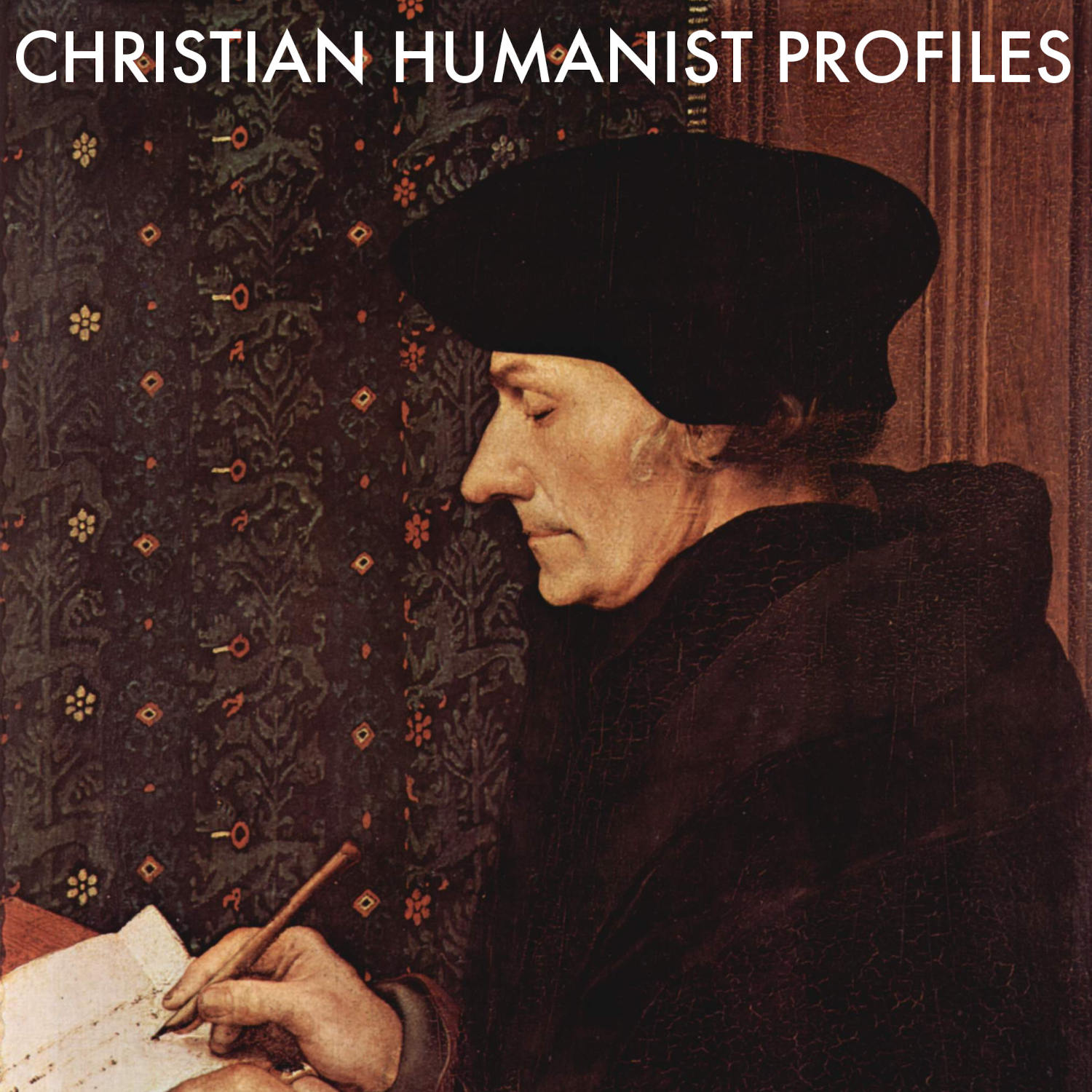I’m still a young enough professor that I don’t remember a time before “critical thinking” was a buzzword in the profession. Back in the fall of 2000, when first I started, John Bean convinced me that the goal of core-curriculum classes should be to introduce novices to the practices and standards of the university disciplines, and I still think that’s about right. A decade later, concerns had shifted to helping students engage in metacognition, the examination of one’s own thought-processes, and I’m still a fan of that as well. But some time in the last decade, if you believe some social psychologists, something went seriously wrong in American epistemology through entire limbs of the body politic, and in response a new call went forth: critical thinking became less a bonus and more a bulwark, something to save us from the idiocy that so many of us invite into our eyeballs through our phone screens. Dr. Bethany Kilcrease’s book Falsehood and Fallacy engages in that rescue mission at the undergraduate level, using the tools of history to improve our habits of thinking. Christian Humanist Profiles is glad to have Dr. Kilcrease on the show today.

Michial Farmer interviews Zena Hitz about her recent book "Lost in Thought."

Coyle Neal interviews David Innes about his recent book "Christ and the Kingdoms of Men."

Nathan Gilmour interviews Richard Holland about his recent book "Good Arguments."